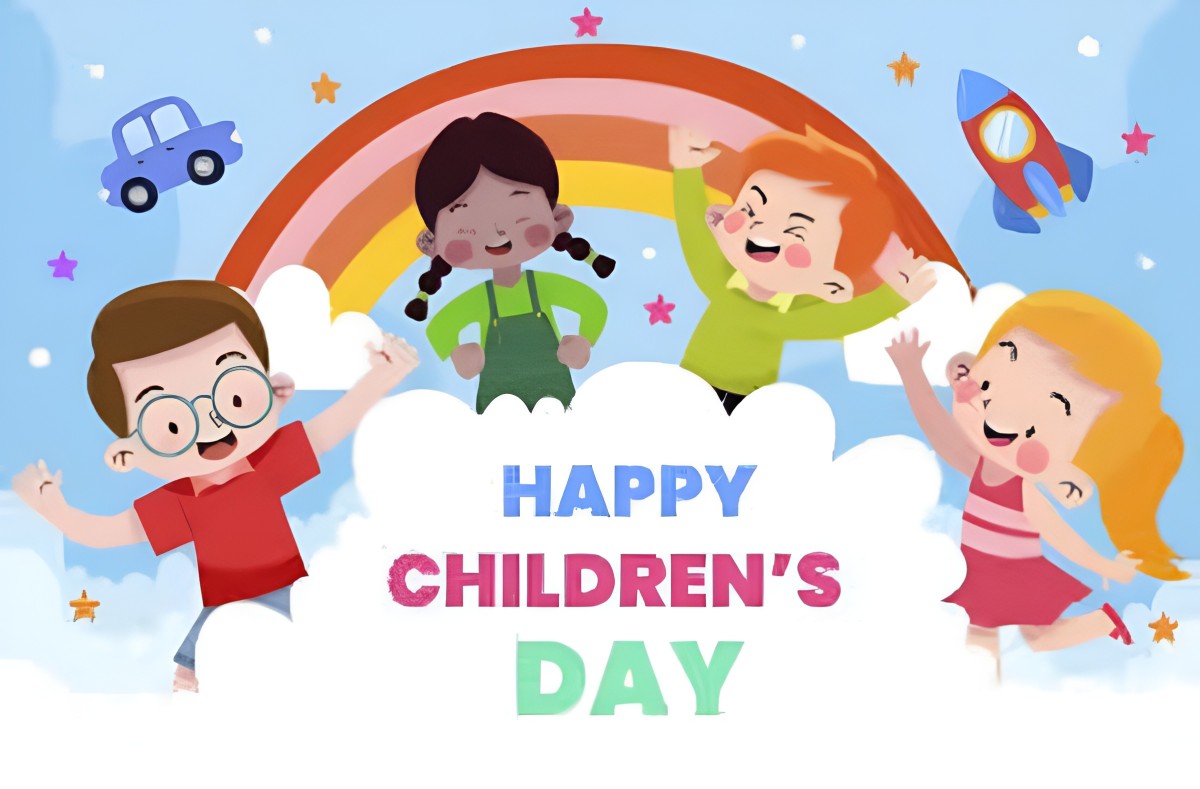National Integration Day, observed on 19 November, marks the birth anniversary of Indira Gandhi, India’s first female Prime Minister. More than just a commemorative date, the day serves as a reminder of India’s strength — its unity in diversity. It emphasizes harmony among people of different religions, languages, cultures, and regions and encourages citizens to uphold the values of national unity.
Also Read: Brazilian Model Larissa Responds to Allegations of Rahul Gandhi’s Vote Chori Connection
Why National Integration Matters in India
India is one of the most diverse countries in the world. With 28 states, 8 union territories, 22 official languages, and followers of multiple religions, India’s social fabric is rich but complex. In such a diverse nation, integration is not automatic — it requires collective effort.
National Integration Day helps promote:
- Communal harmony
- Religious tolerance
- Respect for cultural diversity
- A sense of shared national identity
- Strengthening democratic values
The day reminds citizens that differences must never divide the nation; instead, they should be celebrated as sources of strength.
Historical Significance
Indira Gandhi, whose birth anniversary is observed on this day, strongly advocated for a united India. During her tenure as Prime Minister, she emphasized social equality, national unity, and economic development. National Integration Day honours her contributions while encouraging people to actively work toward harmony and solidarity.
Also Read: Brazilian Model Larissa Responds to Allegations of Rahul Gandhi’s Vote Chori Connection
How National Integration Day Is Observed
Across India, educational institutions, government organizations, and community groups mark the day through:
1. Pledge Ceremonies
Students and citizens take pledges to promote unity, combat discrimination, and uphold constitutional values.
2. Cultural Programs
Events showcasing India’s diverse music, dance, and art highlight the beauty of different cultural identities coexisting peacefully.
3. Seminars & Debates
Discussions on topics like communal harmony, secularism, and national integration foster awareness and critical thinking.
4. National Integration Week
Beginning on 19 November, the week includes daily themes such as Constitution Day, Cultural Unity Day, Women’s Day, and Conservation Day.
Each theme encourages action and reflection in different aspects of unity.
5. Awareness Activities
Rallies, essay competitions, poster-making, and social media campaigns are organized to spread messages of peace and solidarity.
Also Read: Climate Change in 2025: Are We Too Late to Reverse It?
The Essence of National Integration
At its core, national integration is not just unity — it is unity with understanding. It asks citizens to:
- Value differences rather than fear them
- Break down barriers of caste, religion, and language
- Build empathy and mutual respect
- Stand together in times of challenges and celebrations
Integration ensures social strength, political stability, and national progress.
Relevance in Today’s India
In an age of rapid change, globalization, and social media influence, misunderstandings and divisions can spread easily. National Integration Day encourages people to reflect on their responsibilities as citizens and to help build bridges, not walls.
It teaches the younger generation that India is not just a country — it is an idea built on unity, sacrifice, and shared destiny.
Conclusion
National Integration Day serves as a guiding light for India’s journey toward unity, peace, and progress. It reminds us that despite our differences, we are one nation with one shared future. By embracing harmony and respect, every citizen can contribute to building a stronger, more inclusive India.
Also Read: Climate Change in 2025: Are We Too Late to Reverse It?










